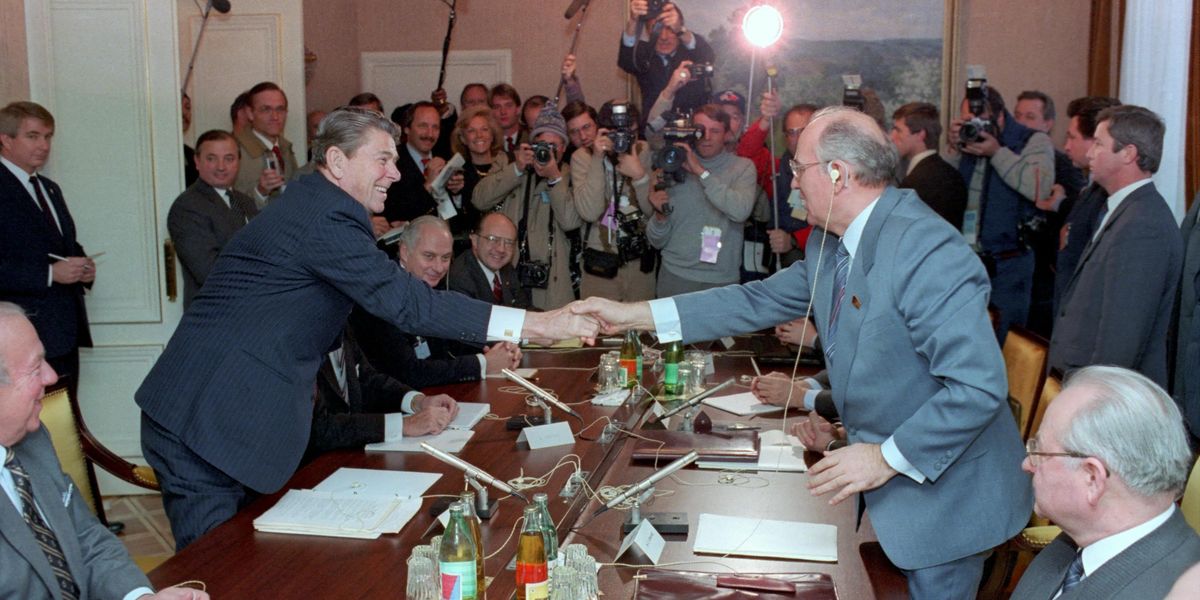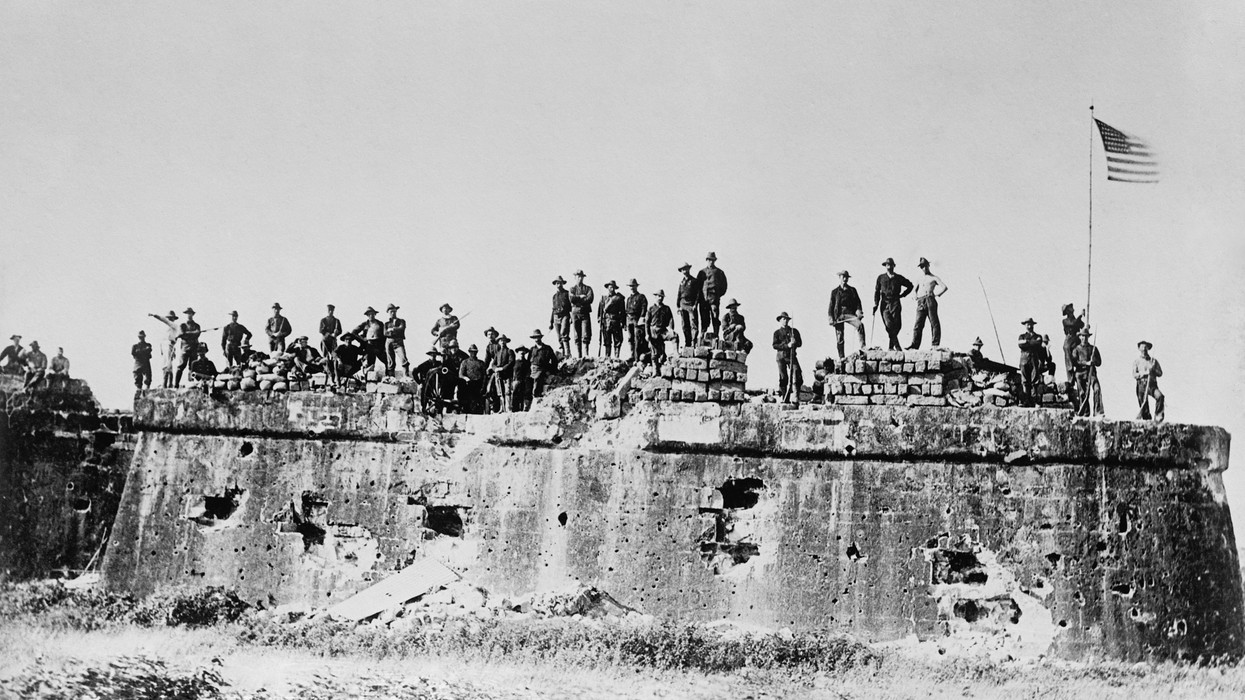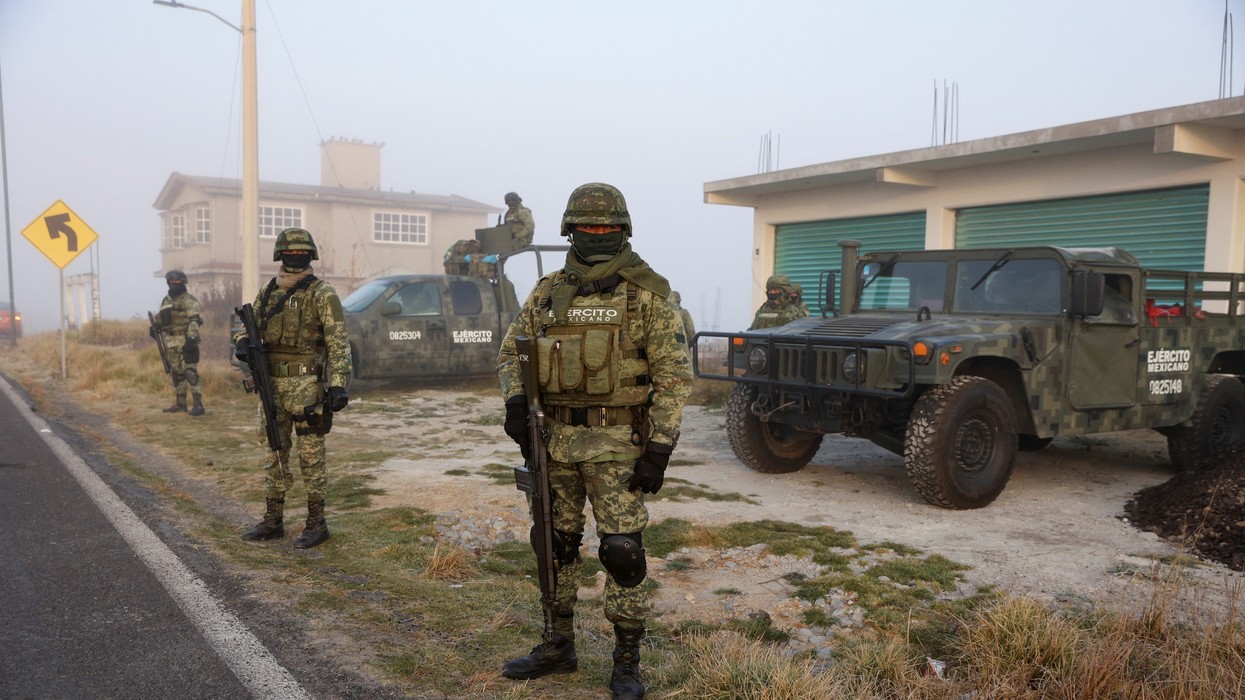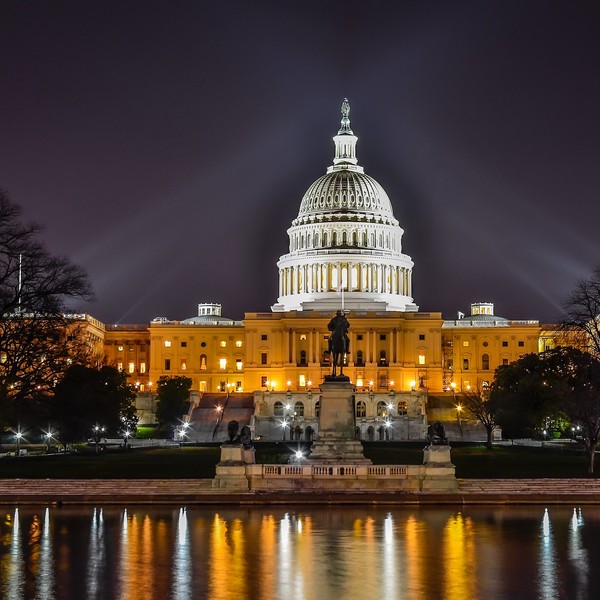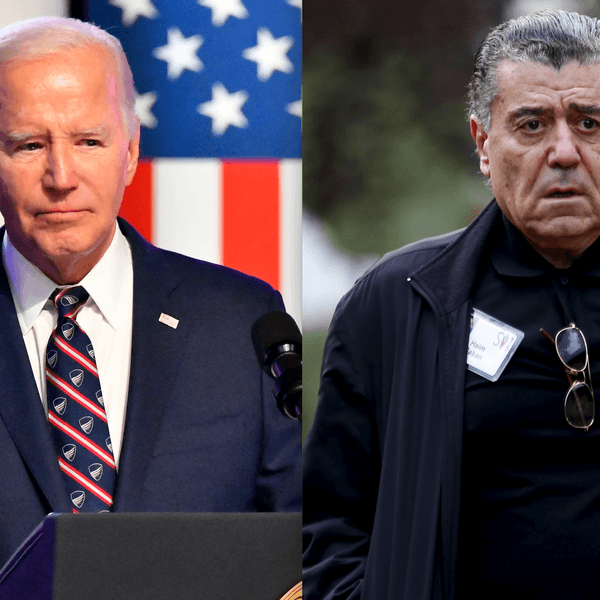Rummaging through my accumulated papers, I just came across the English translation of a speech I delivered in Czechoslovakia on July 4, 1982, when I was American ambassador in Prague. At that time Czechoslovakia was ruled by a Communist regime imposed by the Soviet Union.
As I perused it, I realized to my dismay that today I could not honestly make many of the statements in this message.
Here are some of the key paragraphs and my reflections on them today:
“I am pleased to send greetings to the people of Czechoslovakia on this 206th anniversary of my country’s independence. It is a day when we Americans celebrate the foundation of our nation as an independent, democratic republic, and a day on which we dedicate ourselves anew to implementing the ideals of our founding fathers. For us, the bedrock of these ideals is the proposition that states and governments are created by the people to serve the people and that citizens must control the government rather than being controlled by it. Furthermore, we believe that there are areas of human life such as expression of opinion, the practice and teaching of religious beliefs, and the right of citizens to leave our country and return as they wish, which no government has the right to restrict.”
Can we really say that our citizens “control the government” today? Twice in this century we have installed presidents who received millions of fewer votes than their opponents. The Supreme Court has nullified rights supported by a decisive majority of our citizens. Votes for the U.S. Senate count far less in a populous state than in a state with fewer citizens. Corporations and individuals are virtually unlimited in the amount they can spend to promote or vilify candidates and to lobby Congress for favorable tax and regulatory treatment. The Supreme Court has, in effect, ruled that corporations are citizens too! That sounds to me more like an oligarchy than a democracy.
“We are a nation formed of people from all corners of the world, and we have been nurtured by all the world’s cultures. What unites us is the ideal of creating a free and prosperous society. Through our history we have faced many challenges but we have been able to surmount them through a process of open discussion, accommodation of competing interests, and ultimately by preserving the absolute right of our citizens to select their leaders and determine the policies which affect their lives.”
Since when have we seen an open discussion and accommodation of competing interests in the work of the U.S. Congress? How is it that, for the first time in U.S. history, we had no Speaker of the House of Representatives for days this year?
“Our society is not a perfect one and we know very well that we have sometimes failed to live up to our ideals. For we understand the truth which Goethe expressed so eloquently when he wrote, “Es irrt der Mensch, so long er strebt”(Man errs as long as he strives.) Therefore, while we hold fast to our ideals as goals and guides of action, we are convinced that no individual and no group possesses a monopoly of wisdom and that our society can be successful only if all have the right freely to express opinions, make suggestions and organize groups to promote their views.”
Unless you are a Member of Congress who speaks out in defense of the fundamental rights of Palestinians to live in freedom in their ancestral lands, or students at Columbia University who wish to do the same.
“As we Americans celebrate our nation’s birthday and rededicate ourselves to its ideals, we do so without the presumption that our political and economic system– however well it has served us–is something to be imposed upon others. Indeed, just as we preserve diversity at home, we wish to preserve it in the world at large. Just as every human being is unique, so is every culture and every society, and all should have the right to control their destinies, in their own ways and without compulsion from the outside. This is one of the principal goals of our foreign policy: to work for a world in which human diversity is not only tolerated but protected, a world in which negotiation and accommodation replace force as the means of settling disputes.”
Unless you live in Afghanistan, or Iraq, or Syria, or Palestine…or, for that matter, in Iran, Cuba, or Venezuela.
“We are still a long way from that world we seek, but we must not despair, for we believe that people throughout the world yearn basically for the same things Americans do: peace, freedom, security, and the opportunity to influence their own lives. And while we do not seek to impose our political system on others, we cannot conceal our profound admiration for those brave people in other countries who are seeking only what Americans take as their birthright.”
Unless they live in Gaza or the Palestinian West Bank.
“While this is a day of national rejoicing, there is no issue on our minds more important than the question of preserving world peace. We are thankful that we are living at peace with the world and that not a single American soldier is engaged in fighting anywhere in the world. Still, we are concerned with the high levels of armaments and the tendency of some countries to use them instead of settling disputes peacefully. We share the concern of all thinking people with the destructive potential of nuclear weapons in particular.”
At that time the Soviet Union had invaded Afghanistan and the U.S. was demanding their withdrawal. Subsequently they did withdraw in accord with an agreement the U.S. negotiated. But then, after 9/11, the U.S. invaded and stayed for 20 years without being able to create a democratic society. A subsequent invasion of Iraq, on spurious grounds, removed the Iraqi government and gave impetus to ISIS. Then, the U.S., without a declaration of war, invaded Syria and tried unsuccessfully to overthrow its government (which we recognized) and also to combat ISIS, which had been created as a result of the U.S. invasion of Iraq.
American soldiers are now stationed in more than 80 countries. We spend more on arms than all other budgets for discretionary spending, and now the Biden administration is making all but formal war against Russia, a peer nuclear power.
“It is for this reason that President Reagan has proposed large reductions of nuclear weapons. … We have also made numerous other proposals which we believe would increase mutual confidence and reduce the danger of conflict. All aim for verifiable equality and balance on both sides. That way, the alliance systems facing each other would need not fear an attack from the other. …”
Yes, and by 1991 we negotiated massive reductions in nuclear weapons, banned biological and chemical weapons and limited conventional weapons in Europe. The Cold War ended by agreement, not the victory of one side over the other. But, beginning with the second Bush administration, the U.S. unilaterally withdrew from every important arms control treaty and embarked on a trillion dollar “modernization” of the American nuclear arsenal. Meanwhile, although there was no Warsaw Pact after 1990, the U.S. expanded NATO and refused to negotiate an agreement that insured Russia’s security.
“The task ahead for all the peoples of the world to establish and preserve peace is not an easy one, The issues are complex and they cannot be solved by simplistic slogans, but only by sustained effort.”
Nevertheless, from the late 1990s the U.S. seemed motivated by a false and simplistic doctrine that the world was destined to become like the U.S. and the U.S. was justified in using its economic and military power to transform the rest of the world to conform with its image of itself (the Neocon thesis). It was, in effect, an adaptation of the failed “Brezhnev doctrine” pursued by the USSR until abandoned by Gorbachev. As with the Brezhnev doctrine, the attempt has been an utter fiasco, but the Biden administration seems, oblivious to the dangers to the American people, determined to pursue it.
“Nevertheless, I speak to you today with optimism, since I know that my country enters the 207th year of its independence with the determination not only to preserve the liberties we have one at home but to devote our energies and resources to maintaining peace in the world.”
But, today, during the 248th year of American independence :
The U.S. is sending 100 “super-bombs” for dropping on Gaza. The BLU-109 “bunker busters”, each weighing 2,000 pounds, penetrate basement concrete shelters where people are hiding, the Wall Street Journal reported Dec. 1.
America has sent 15,000 bombs and 57,000 artillery shells to Israel since October 7, the paper said.
Details of the size and number of weapons sent have not been previously reported.
Also on the list are more than 5,000 Mk82 unguided or “dumb” bombs, more than 5,400 Mk84 2,000-pound warhead bombs, around 1,000 GBU-39 small diameter bombs, and approximately 3,000 JDAMs, the Journal said.
The news dramatically contradicts statements of Foreign Secretary Antony Blinken that avoiding civilian casualties is a prime concern for the United States.
The U.S. also provided the bomb that was dropped on the Jabalia refugee camp, killing 100 people, possibly including a Hamas leader, the Journal said.
Repeated calls by the countries of the world, through the United Nations, for a ceasefire have not been supported by the U.S. and its follower nations.
Military spending makes up a dominant share of discretionary spending in the U.S., and military personnel make up the majority of government manpower.
The weapons are being airlifted on C-17 military cargo planes directly from the U.S. to Tel Aviv.
Oh lord, what has happened to us?
This piece has been republished with permission from Ambassador Jack Matlock's website
- George Shultz, 'America's greatest secretary of state' ›
- I was there: NATO and the origins of the Ukraine crisis ›
